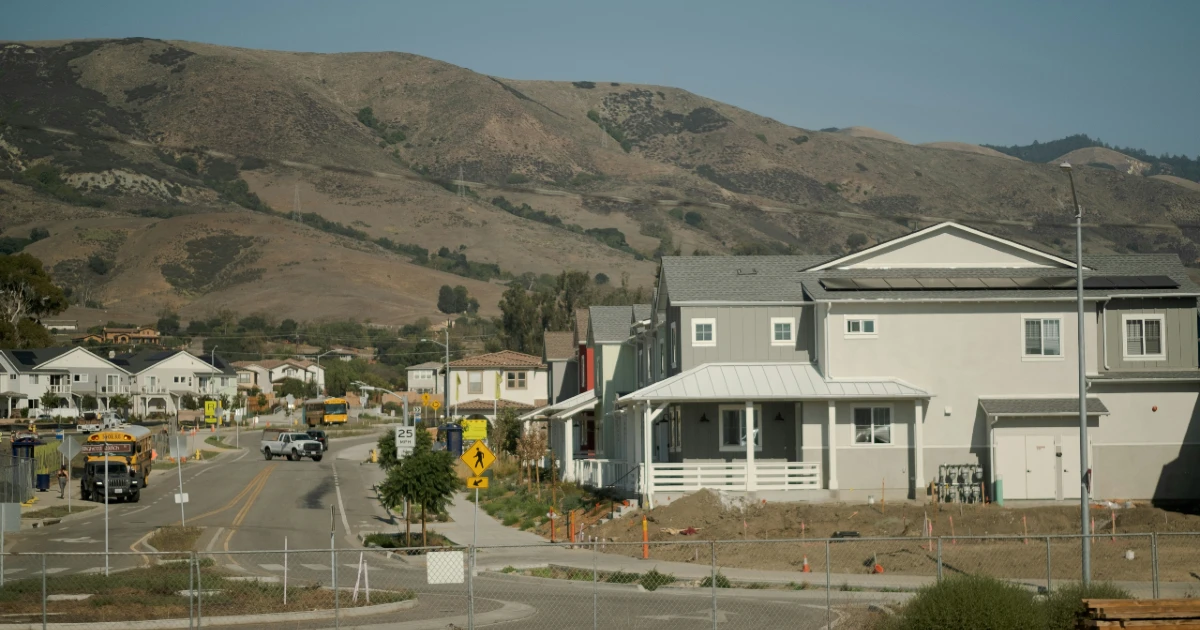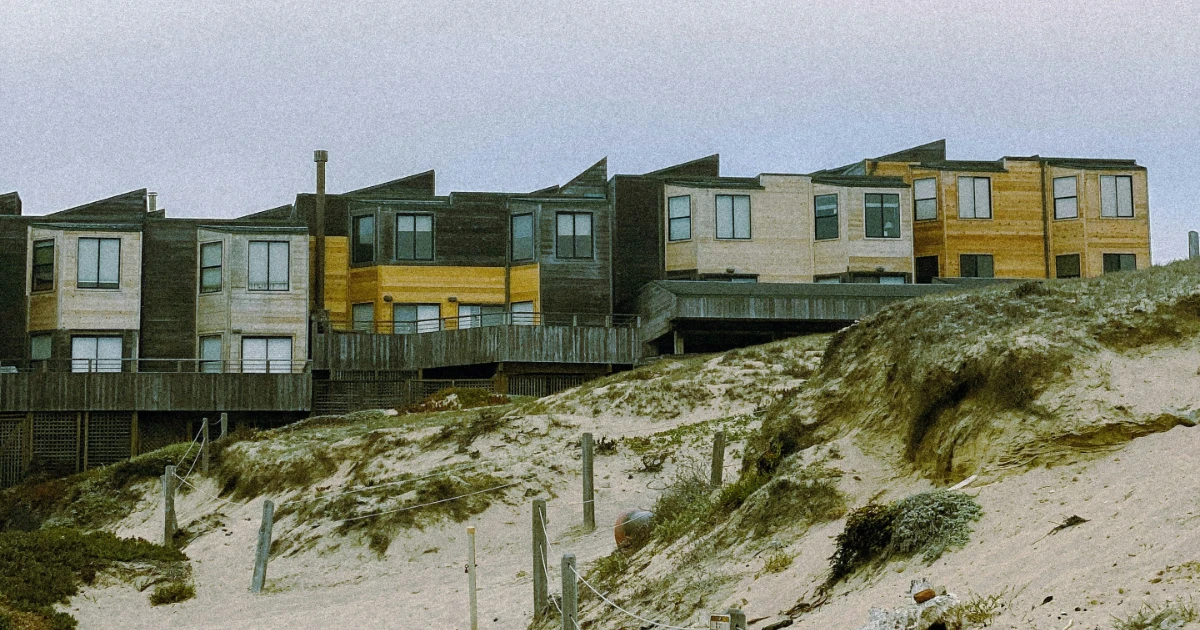Owning and renting real estate can prove to be one of the best decisions you make in your financial life. Yet, in order to protect your investment, you have to have proper insurance in place. Many more people are renting than used to, and each one needs a quality place to call their own. While the number of rental units grows, it is the responsibility of the investor and landlord to do what they can to minimize the risk of financial loss. One component of that is having landlord insurance coverage in place.
Consider the risks to your investment. A storm could lead to a lightning strike that causes a fire. That could damage your property considerably, and the repairs would have to come from your pocket. What if someone vandalizes your property? There is no way to prevent all types of risks from occurring, but there are steps you can take to ensure your financial integrity.
What Is Landlord Insurance?
Landlord insurance provides financial protection for rental property owners. It covers the financial losses you suffer as a result of covered incidents. When a tragedy strikes, you want to know your property is going to be repaired or replaced for you.
Keep in mind that most insurance companies require you to alert them if you are renting the property owner. This may change your coverage needs as well as your costs.
A landlord insurance policy is often the best choice. It provides ample coverage for many of the risks you are most likely to face. Consider some of them.
Coverage in a Landlord Insurance Policy
Insurance companies vary significantly. Many of the following coverages are a part of landlord policies. There are three main components of these policies. Within each type are several ways the policy can help you.
1. Dwelling Coverage
This component of landlord insurance typically covers the physical damage to the property. Some coverages include:
Fire Damage
If your property suffers fire damage that you did not cause, the policy may apply. In this situation, it may cover the damage to the structure so you can make repairs or rebuild it in some situations. It also covers your contents – the items you own that are within the structure.
Water Damage
Many types of water damage may be covered under your policy. That includes the water heater breaking or the pipes freezing in the middle of the winter. It may not cover all types of flooding, though. You’ll need flood insurance in some areas to minimize this risk.
Windstorm, Hail, and Lightning
Most of the time, landlord insurance covers damage brought on by storms. That includes falling tree branches that damage the roof of the home. It may cover damage to windows and the roof from hail strikes. If lightning hits your home, causing damage or a fire, this component of property damage will help you recover by paying for those losses.
Riot and Civil Commotion
Your landlord insurance may also cover the cost of repairing the damage that is brought on by rioting and civil commotion. Be sure that you verify that this is a part of your policy if it is a valued feature to you. Policies vary in terms of what they will and will not cover under this.
Vandalism
Should someone cause damage to the property as an act of vandalism, your landlord insurance policy may be able to help. This could include repairing broken windows, cleaning off graffiti, or handling other types of damage caused by vandalism. Keep in mind that this applies to vandalism done by a person that does not live within the home.
Burglary
Should a person break into your home or otherwise steal your personal property, your insurance policy may help to cover those losses. This includes damage to the property – such as a broken door or window to get in – as well as the loss of your belongings. Your policy may offer actual value coverage or replacement cost (depending on what you select). Be sure to know that your landlord policy covers the loss of your belongings, but not the loss of those of your renter. They can purchase a separate renter’s policy to cover their losses.
2. Landlord Liability Insurance
Another component of your landlord policy covers liability risks. Liability occurs when someone files a claim against you because of an accident or incident that occurred while on your property and believes you are responsible for making it right. Legal liability is a critical component of your property. In some situations, your renters, a person walking by the home, or even a visitor on the property may be hurt while there. If they fall and hit their head, they could be facing thousands of dollars in loss. You could be responsible for those costs if they show that the property was unsafe and caused that accident to occur.
Liability insurance helps you in several ways. It may help to pay for the individual’s losses. It may also help you in a court of law, helping to provide you with an attorney who can defend your case. If a settlement or a judgment occurs, the insurance company pays that up to the maximum coverage of the policy.
Related Reading: Does Landlord Insurance Cover Legal Costs?
Umbrella Coverage
Umbrella coverage is a type of liability insurance that goes up and over the amount of liability policies. Today, lawsuits often lead to a significant amount of loss. A basic liability insurance policy may not be enough. This type of policy adds another layer of protection for you in this situation. It could help cover more of the medical losses a person has as well as the settlement or judgment against you.
3. Loss of Income Insurance
The third type of coverage provided by landlord insurance is loss of rent or loss of income, which is applicable as part of a covered claim. When something significant occurs to the property that makes it unable to be rented out at least for a period of time, this component of the insurance policy works to help you. It can help to cover a portion of the rental income you were getting prior to the incident, allowing you to meet your financial obligations while you cannot rent out the property.
Additional Types of Landlord Insurance
There are other components that may be applied to your landlord insurance. If these situations apply to you, be sure to speak to your real estate agent about your needs for this type of custom coverage.
Fix n’ Flip and Builder’s Risk Insurance
It is not uncommon for investors to purchase a property that they plan to fix and then flip. This type of process is difficult because you may not know exactly what types of problems will exist when you start working on the project. Builder’s risk insurance may offer the help you need. It helps to cover certain types of property damage that occur during the repairs. It may provide protection while the property is under construction, including damage from fires, lightning, vandalism, theft, explosions, and others.
Related Reading: What is House Flipping Insurance, and Why do You Need It?
Short Term / Vacation Rental
If you are planning to rent your property out for short-term rentals, especially for vacation rentals, it is critical to have a policy that defines that specific type of use. Vacation rentals and Airbnbs are a higher risk to insurance companies than a typical renter who is more likely to care about the property itself. Your insurer wants to be sure that they fully understand the risks associated with the property, so they can be sure you have enough coverage for those risks.
Related Reading: Ultimate Guide to Short-Term Rental Insurance
What Does Landlord Insurance Not Cover?
When it comes to selecting the right type of insurance for your needs, you need to know what is covered and what these policies do not cover. The only way to know that for sure is to read the terms and conditions of the policy you are selecting. This can vary from one policy and one insurer to the next.
Some of the most important exclusions to landlord insurance include the following:
- The tenant’s property – most policies do not cover the tenant’s property, and many landlords require or encourage renters to obtain their own policy for these items.
- The tenant’s car – the same applies here, as the tenant should seek out their own coverage
- Landlord insurance does not cover repairs to major systems
- It does not cover damage caused by the property owner, such as if a property owner causes damage to the rental itself
- It does not cover anything that stops working due to normal wear and tear or a lack of maintenance
How Much Can You Expect to Pay for Landlord Insurance?
The only way to know what you can expect to pay for landlord coverage is to request a formal quote. Your location, the type of property the risks present, and more factors all play a role in the costs. Landlord insurance is typically based on risks present, as well as the value of replacing your policy or the amount of coverage you want to purchase, in the case of liability protection. A general rule of thumb is that landlord insurance costs 20-25% more than traditional homeowners insurance.
Get a quote with Steadily in minutes to determine what the best level of insurance coverage is for your needs.






.png)
.jpg)
.jpg)


.png)